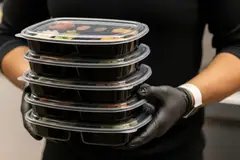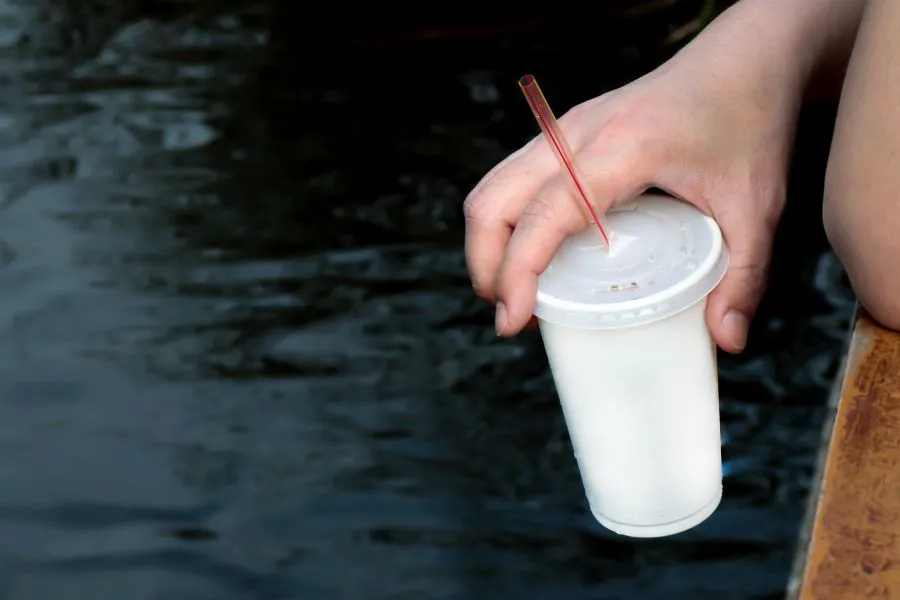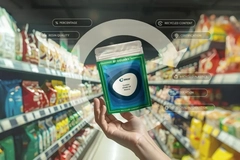California lawmakers vote to ban PFAS in food packaging and cookware
Key takeaways
- California lawmakers have approved Senate Bill 682, which bans the sale and distribution of food packaging containing intentionally added PFAS.
- The legislation covers various products, including unit packages, shipping containers, cups, plates, films, coatings, inks, and labels.
- The bill cites PFAS as highly toxic chemicals, with data showing 98% of Americans have PFAS in their blood.

The state legislature in California, US, has passed amendments in the Senate on a ban on PFAS in products, including food packaging and cookware.
The proposal, Senate Bill 682, would prohibit a person from distributing, selling, or offering for sale food packaging that contains intentionally added PFAS starting January 1, 2028.
The ban encompasses unit packages and shipping containers, unsealed items, such as carrying cases, crates, cups, plates, bowls, pails, rigid foil and other trays, wrappers and wrapping films, bags, and tubs.
Individually assembled parts, including an interior or exterior blocking, bracing, cushioning, waterproofing or heat or cold protection, coating, closures, inks, or labels, are also being phased out by the bill.

“Exposure to PFAS poses a significant threat to the environment and public health. The intent of this act is to phase out the sale of products with avoidable PFAS use to address the imminent threat of further contamination of the environment in the state,” the bill states.
 Growing research suggests that PFAS raises risks of chronic diseases.Preventing human exposure
Growing research suggests that PFAS raises risks of chronic diseases.Preventing human exposure
PFAS are used in various industrial processes and in manufacturing products because of their “water and stain resistant, nonstick, surfactant, and other properties.” However, there is a “growing body of evidence that these chemicals may leach into food, water supplies, and even the human body through exposures,” notes the bill.
It says: “PFAS are a class of persistent and highly toxic chemicals with widespread contamination across the US, including California. The United States Geological Survey estimates that 98% of people living in the US have PFAS in their blood.”
It has also taken note of the EU’s Guiding criteria and principles for the essential use concept in EU legislation dealing with chemicals. Last month, the European Chemicals Agency updated its PFAS restriction process. Food contact materials and packaging are included in the restriction proposal.
The proposal now heads to Gavin Newsom, governor of California, who has until October 13 to sign the bill.
Earlier this year, California’s ban on the sale of plastic foam foodware took effect. The items can no longer be put onto the market unless strict recycling targets are met.












